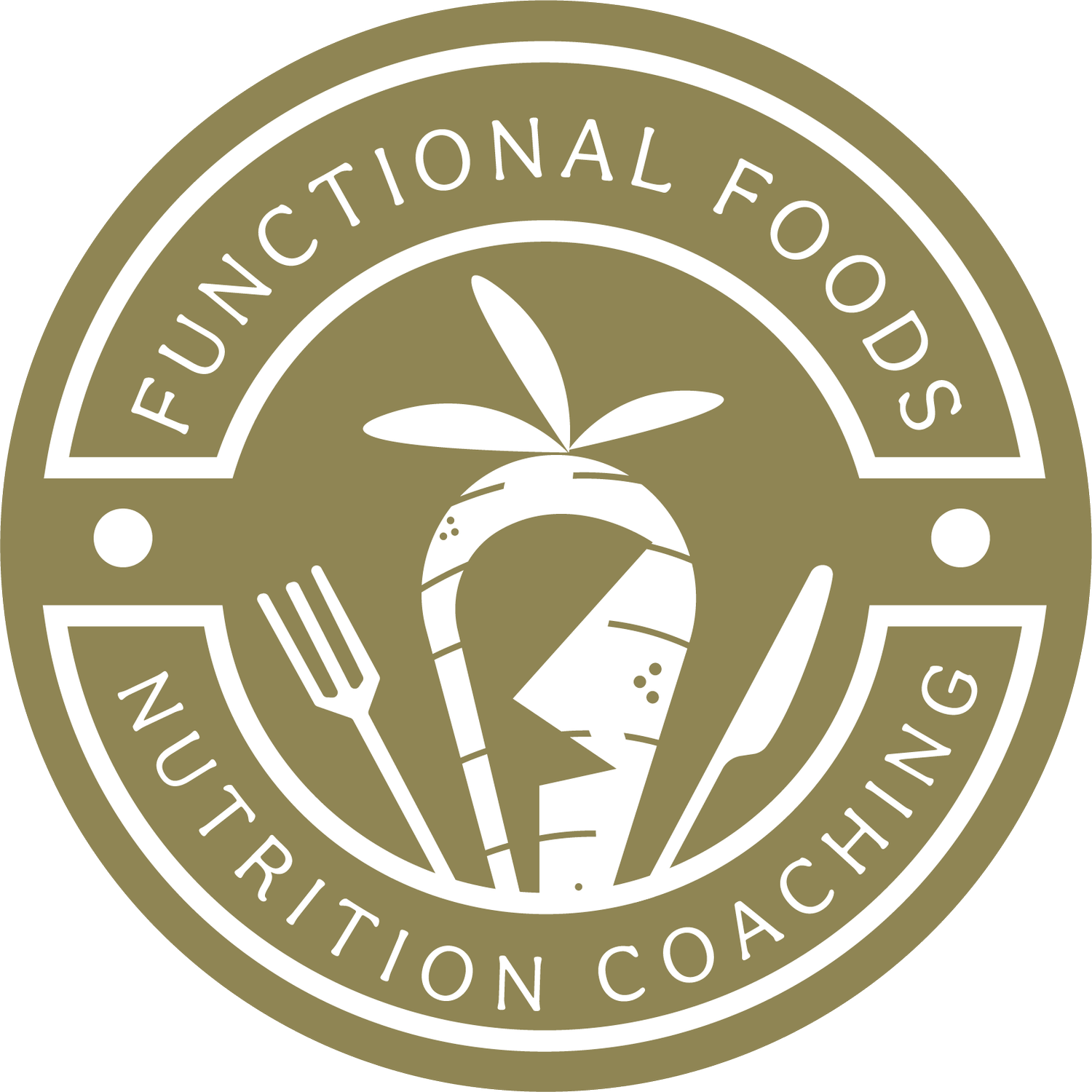The Philosophy of Mindful Eating: Nourish the Mind, Body & Belly!
Mindful Eating To Support Digestion
Digestive wellbeing begins with how we think, feel, and show up at the table. If you’re looking to rebuild your relationship with food, it starts with how we think about food.
Why Do We Eat?
Food has a purpose. We eat to nourish our bodies, provide energy, and feel satisfied. But here’s something that’s often overlooked: How we eat is just as important as What we eat.
You could be eating the most nutrient-dense food, but if you’re doing it while scrolling through your phone, feeling rushed, or emotionally stressed, your body might struggle to digest and absorb those nutrients properly. Why? Because the gut is directly impacted by our thoughts, feelings, and stress levels.
The Brain-Gut Connection
Digestion is both a mechanical and chemical process—and it’s deeply linked to our nervous system and emotions. The connection between the brain and gut is powerful. It determines whether your food gets properly digested or just sits in your belly.
When we’re in a stressed state—whether it’s due to anger, emotional overwhelm, or racing thoughts—we activate the body’s sympathetic nervous system, also known as the “fight or flight” response. In this state, digestion slows down or even shuts off completely. The energy that would normally go toward digestion is instead diverted to prepare the body to escape danger.
This is where digestive discomfort often begins. And by the time we reach midlife, many of us are so caught up in daily stress—work, family, life—that this response becomes our norm.
So What Happens to Food When We’re Stressed?
Great question!
When we eat in a stressed state, the food often sits in the stomach and churns. It waits until the stomach reaches the right pH level, which then allows it to pass into the small intestine for further digestion and absorption.
When the digestive process is delayed, due to stress and other factors, this lowers stomach acid levels and food can start to over-ferment. This can lead to a buildup of gases—contributing to bloating, acid reflux, flatulence, and general digestive upset.
Unfortunately, in today’s fast-paced world, this kind of digestive disruption is becoming more and more common. But just because it’s common, doesn’t mean it’s normal.
Gentle Ways to Support Digestion
The good news is that we can help our bodies shift into the parasympathetic nervous state—the “rest and digest” mode—where proper digestion, absorption, and nourishment can take place.
Here are a few simple practices to support your digestive wellbeing:
Tips to Improve Digestion:
✨ Pause Before You Eat
Take a few deep breaths. This helps calm your nervous system and lets your body know it’s safe to begin digesting.
🍋 Drink Warm Lemon Water (15 mins before meals)
This gently stimulates digestive enzymes and supports bile flow—a natural primer for your gut.
🐢 Slow Down and Chew Thoroughly
Chewing activates the digestive process. Eating more slowly sends signals of safety to your brain and supports better absorption of nutrients.
📵 Eat Without Distractions
Put away devices, turn off the TV, and be present with your food. Eating mindfully allows your body to fully engage in the digestive process.
⏰ Eat at Regular Times
Your digestive system loves routine. Grazing all day or going long periods without food can stress your digestive system.
🥗 Avoid Overeating
Eat until you’re about 80% full. This gives your body space to digest more efficiently and reduces strain.
💧 Only Sip Small Amounts With Meals
Too much liquid during meals can dilute stomach acid. A few sips are fine—stay hydrated throughout the day instead.
🌱 Eat Simple, Whole Foods
Avoid overly complex or heavily processed meals. Choose quality lean proteins, fiber-rich vegetables, healthy fats, fermented foods, and antioxidant-rich ingredients.
💦 Stay Hydrated
Aim to drink half your body weight in ounces of fluids per day. Filtered water is best, and you can add electrolytes as needed.
Rebuild Your Relationship with Food
True nourishment doesn’t come from rigid food rules or perfectly portioned plates—it comes from how you show up to eat. Food often reflects what we value. When we get curious about our food, we start to see patterns that mirror our inner world such as:
Our beliefs
Our emotional state
Our unmet needs
The pace of our lives
Ask yourself these three questions:
What pattern am I seeing ie: What am I eating, Why am I eating it and will it nourish me?
What does my inner world look like : What’s happening in my life right now that may be driving my food choices. Am I stressed with no time to cook and looking for a quick fix?
Do I need to slow down?
This is how you begin to reconnect with food, your body, and your health.
Key Takeaway:
Focus on being present. Start small. Be kind to yourself.
Every bite is a message—pause, listen, and feel the difference.
References:
PMCID: PMC7219460 PMID: 32549835
Disclaimer: Information provided in this blog post is intended for educational and informational purposes only and is not a substitute for medical advice.

